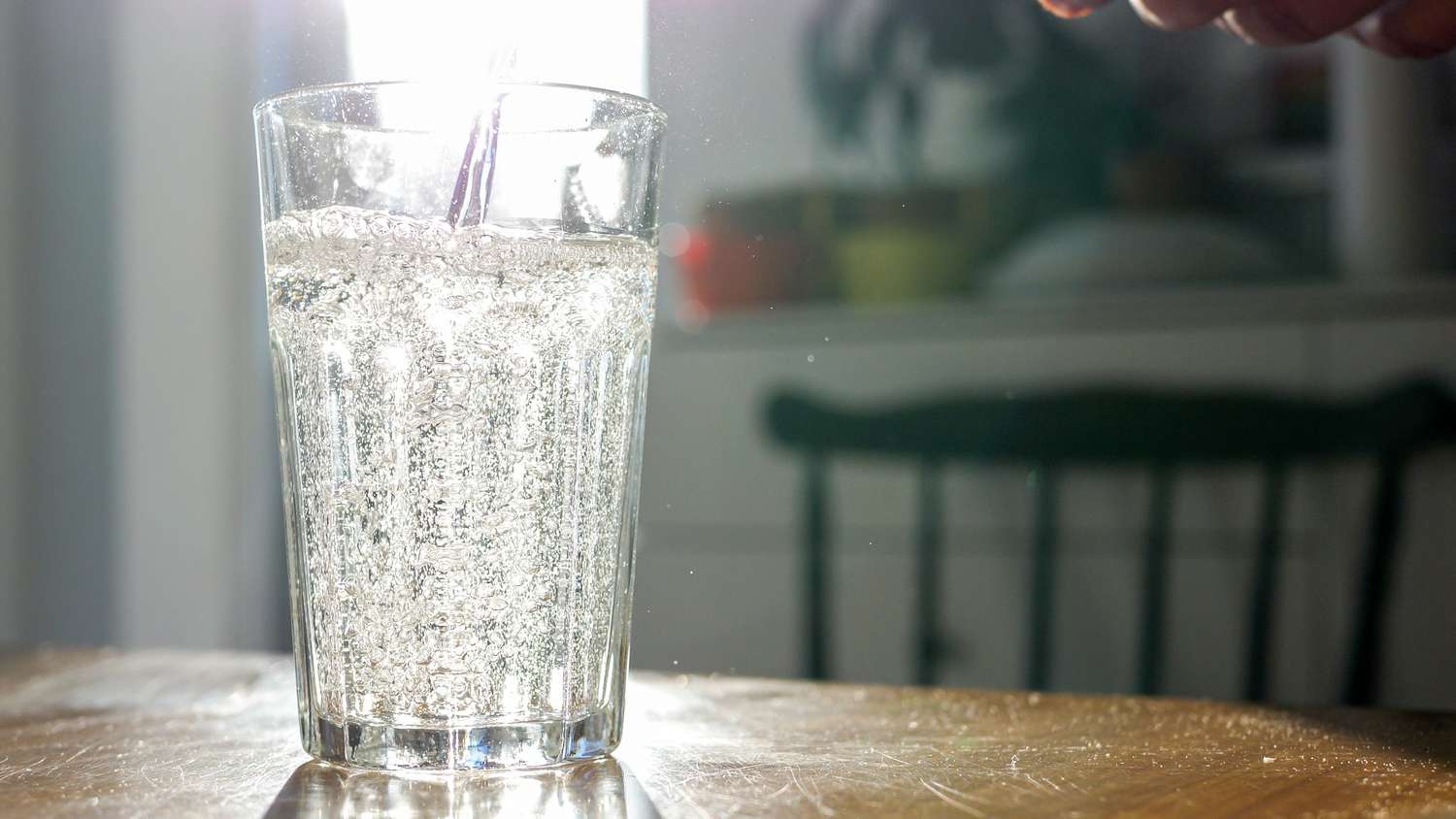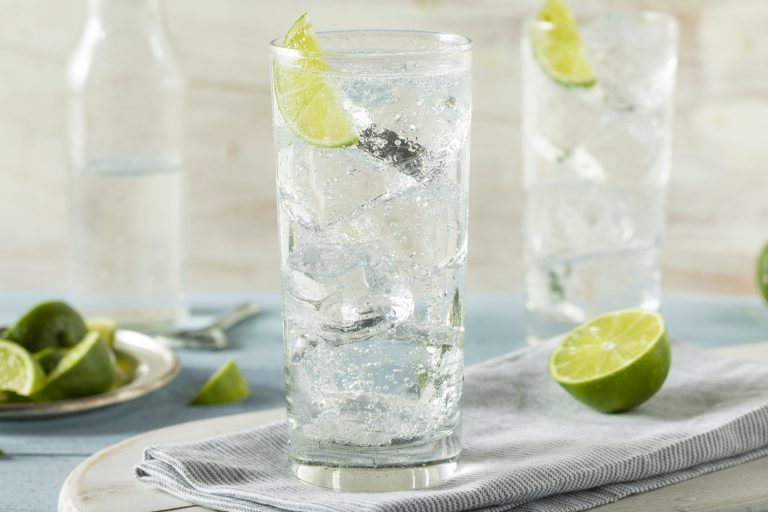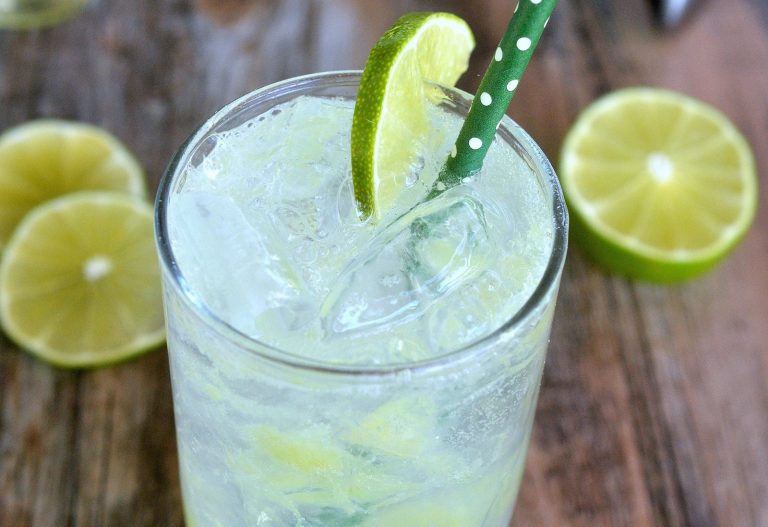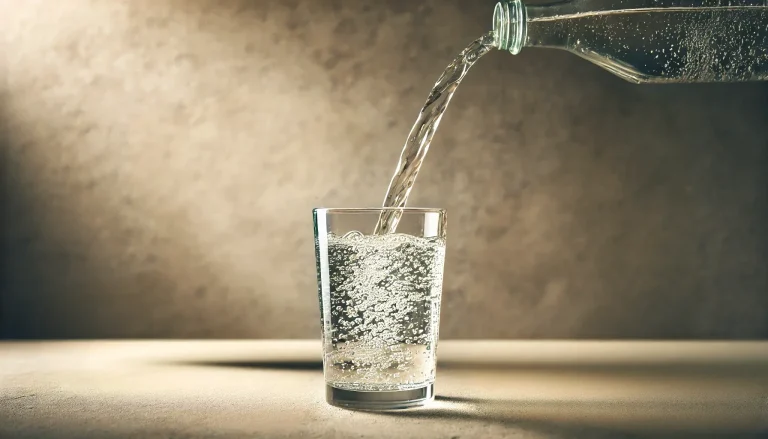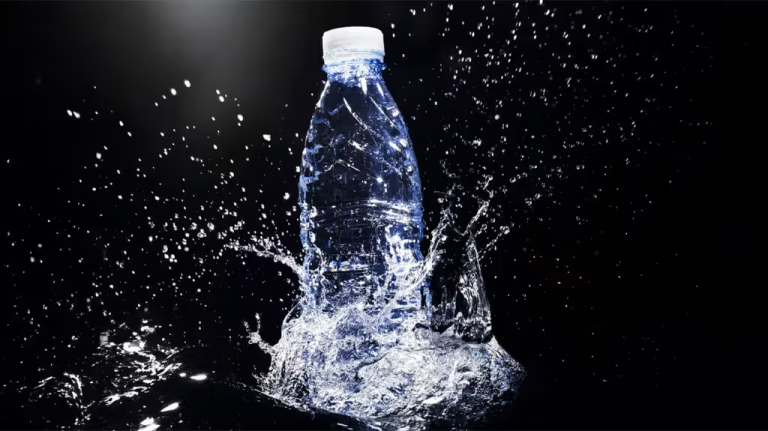A Thorough Examination of the Dental Benefits and Factors of Sparkling Water
In the realm of modern hydration, sparkling water has emerged as a popular and effervescent alternative to its still counterpart. The delightful fizz offers a satisfying sensation that many find more appealing than plain water, making it a favorite for those looking to reduce their consumption of sugary sodas and other sweetened beverages. But beyond its refreshing taste, what are the actual health implications of drinking sparkling water? This in-depth guide will explore the various benefits of incorporating sparkling water into your diet, while also addressing common concerns and providing a balanced perspective on its role in a healthy lifestyle.
The Fundamental Health Benefits of Sparkling Water
At its core, sparkling water is simply water infused with carbon dioxide gas under pressure. This basic composition means it shares many of the same essential benefits as regular water, with a few added advantages.
1. Enhanced Hydration and Palatability
The most significant benefit of sparkling water is its ability to keep you hydrated. Many people struggle to drink enough plain water throughout the day, often finding it bland. The crisp, bubbly texture of sparkling water can make hydration more enjoyable, encouraging you to drink more and meet your daily fluid intake goals. Proper hydration is vital for virtually every bodily function, from regulating body temperature and lubricating joints to transporting nutrients and flushing out waste.
2. A Powerful Tool for Weight Management
For those on a journey to manage their weight, sparkling water can be a game-changer. It provides a zero-calorie, sugar-free alternative to sugary sodas, juices, and other sweetened beverages. By replacing these drinks with sparkling water, you can significantly reduce your daily calorie intake without feeling deprived. The carbonation itself can also contribute to a feeling of fullness, which may help curb appetite and reduce overall food consumption.
3. Improved Digestion
Some studies suggest that sparkling water can aid in digestion. It may help alleviate symptoms of indigestion and constipation. The bubbles can stimulate the digestive system, promoting a feeling of relief for those who experience discomfort after eating. The effervescence can also encourage belching, which helps to relieve excess gas in the stomach, thereby reducing bloating.
4. Supporting Swallowing Function
For a small number of people, particularly older adults, sparkling water can be more beneficial than still water for improving swallowing. A study published in the Journal of Oral Rehabilitation found that the carbonation in sparkling water can stimulate nerves involved in swallowing, making it easier for some individuals with dysphagia (difficulty swallowing) to drink.
Addressing Common Concerns and Misconceptions
Despite its benefits, sparkling water has been the subject of several myths. It’s important to separate fact from fiction to make informed choices.
Is It Bad for Your Teeth?
One of the most frequent questions about sparkling water is its effect on dental health. The carbonation process creates carbonic acid, giving sparkling water a slightly lower pH than plain water. However, the American Dental Association and other dental experts generally agree that unsweetened sparkling water is not a significant risk to tooth enamel. The key is to avoid flavored sparkling waters that contain added sugar or other acids (like citric acid), which are much more erosive. The best practice is to drink it in moderation and not sip it continuously throughout the day.
Does It Lead to Bloating?
For some individuals with sensitive digestive systems, the carbon dioxide gas in sparkling water can lead to temporary bloating or gas. This is a highly individual reaction, and for many, the bloating sensation is minimal and passes quickly. If you find that sparkling water consistently causes discomfort, it may be best to limit your intake or opt for still water.
Does It Affect Bone Density?
A long-standing myth has linked carbonated beverages to reduced bone density. This concern is largely based on studies of sodas, which contain phosphoric acid and high levels of sugar. The evidence does not suggest that sparkling water has the same effect. Research, including a major study in the American Journal of Clinical Nutrition, found no link between sparkling water consumption and bone density.
Making the Right Choices
When choosing sparkling water, consider these points to maximize the health benefits:
- Opt for Unsweetened: Always choose sparkling water that is free of added sugars, artificial sweeteners, and calories. The purest form is the healthiest.
- Be Mindful of Flavors: Many flavored sparkling waters use natural extracts and are perfectly healthy. However, always check the label for any hidden sugars, artificial ingredients, or extra acids.
- Balance with Still Water: While sparkling water is a great hydration tool, it’s a good idea to alternate between still and sparkling water to ensure a balanced intake.
Ultimately, sparkling water is an excellent and healthy choice for hydration. It provides a satisfying texture that can help you meet your daily fluid requirements, offering a clear advantage over sugary beverages. By being mindful of the ingredients and listening to your body, you can confidently enjoy the crisp, refreshing fizz as a delightful part of your healthy lifestyle.

